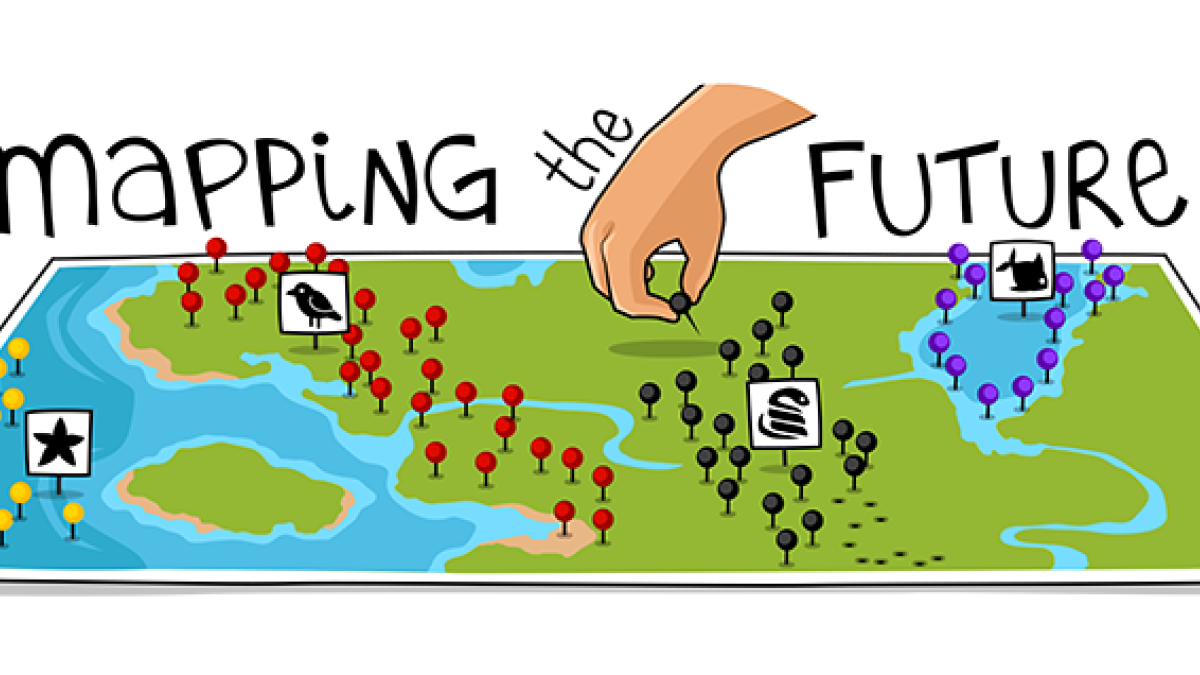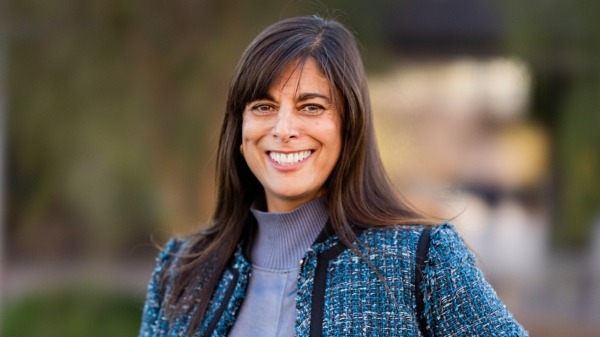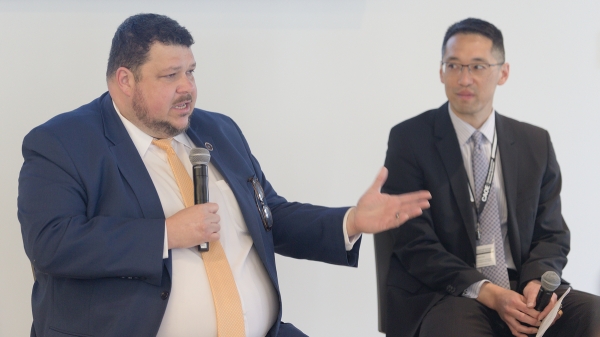‘Ask A Biologist’ website answers community's coronavirus questions
ASU site addresses questions like 'How do viruses work?'

Image courtesy of Charles Kazilek
How can viruses be destroyed? Are they alive?
Why do vaccines take a long time to make?
Since the coronavirus pandemic began changing aspects of American life this spring, questions like these have been filling the inbox of one of Arizona State University’s most popular scientific resources: Ask A Biologist.
Created in The College of Liberal Arts and Sciences’ School of Life Sciences in 1997 as a biology learning website for faculty, students and learners of all ages, Ask A Biologist functions as an online ambassador for the university to the greater academic world.
The site contains thousands of pages of biology-based games, coloring pages, puzzles, articles and more, with the goal of sharing ASU’s wide breadth of scientific knowledge with the world.
“For us, it’s an opportunity to reach out and educate people all over,” said Charles Kazilek, the executive director of K–12 education outreach in The College and founder of the site. “The key for the site is telling a story of the living world. That’s what we want: to tell really good stories that are based in fact, that have good science behind them, and that are engaging.”
Lately, however, the influx of COVID-19-related traffic to the site can only be described in one word: staggering.
In the months since the pandemic began, Ask A Biologist’s articles answering questions like “How do viruses work” have received more than a 600% increase in web traffic as compared with 2019, Kazilek said.
More generally, the site has had a 35% increase in users overall, 41% more page views, and will soon reach over 1 million plays of its games in just this year alone.
“As of the last month or so, the amount of questions we’ve been receiving has increased as well,” said Karla Moeller, the site’s managing editor. “One was like, ‘Is the virus doing this purposefully?’ Another asked, ‘Could we engineer a virus to take out the coronavirus?’”
Managing editor Karla Moeller and site founder Charles Kazilek.
Since the pandemic, Ask A Biologist receives about double the number of questions per day, according to Moeller.
The majority of people submitting these questions and using the site’s other resources are students, lifelong learners and teachers.
In the wake of the pandemic, Ask A Biologist has increased its coronavirus-related resources.
“We have a profile coming out on Brenda Hogue, a professor who studies coronaviruses,” Moeller said. “We have a general story that’s going to come out on coronaviruses, and a few other things, a research story. We’re increasing our virus-related resources for people to use.”
For more than 20 years, Ask a Biologist has provided free content to the community on what Kazilek describes as “a shoestring budget.” Kazilek said that donations — especially in light of the ongoing pandemic — go a long way to improving the site’s functionality and offerings.
“If someone is considering donating, they should know that the money they put into this is going to be used and impact learners globally,” he said. “It’s going to have a huge impact.”
The impact of the site extends to many in the local and global community.
“It’s not only teachers, but parents, too, who have to educate,” he said. “This site is a way for them to do that in a much more engaging way.”
More Science and technology

The science behind chronic stress
Stress comes in many shapes and sizes. There’s the everyday stress of preparing for a final exam or being stuck in traffic. And…

ASU planetary scientist to be inducted into the National Academy of Sciences
The National Academy of Sciences is inducting School of Earth and Space Exploration Director Meenakshi Wadhwa into the 2023 class…

Unlocking the potential of AI for homeland security
“Can we do what we're doing now cheaper, more efficiently, more effectively?” Adam Cox, director in the Office of Strategy and…
